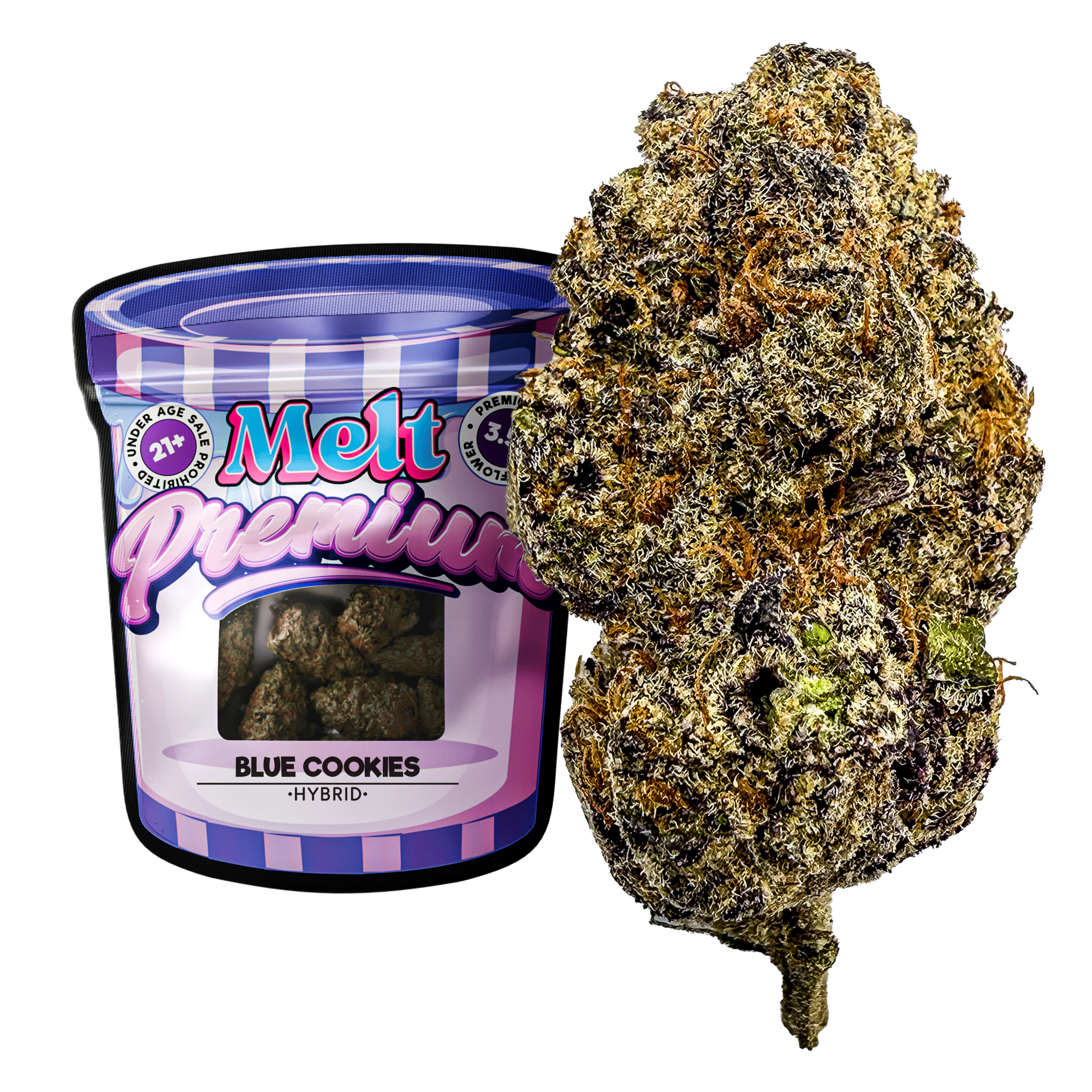THCA and THC are two prominent cannabinoids found in cannabis, each with distinct properties and potential health benefits. Understanding the differences between Tetrahydrocannabinolic acid and Tetrahydrocannabinol is crucial for individuals exploring cannabis for therapeutic or recreational purposes.
Introduction to THCA and THC
THCA is the acidic precursor of THC and is primarily found in raw, unheated cannabis plants. Unlike THC, THCA does not induce psychoactive effects when consumed in its natural state. It must undergo decarboxylation, a process typically involving heat, to convert into THC and become psychoactive. THCA is abundant in the trichomes of cannabis buds and leaves, where it serves several physiological functions for the plant.
In contrast, THC is the primary psychoactive compound in cannabis responsible for the euphoric “high” commonly associated with marijuana use. When cannabis is smoked, vaporized, or cooked THCA undergoes decarboxylation and converts into THC. This activation process allows THC to bind to cannabinoid receptors in the brain and body, altering neurotransmitter release and producing its psychoactive effects.
Key differences between THCA an THC
One of the key differences between both cannabinoids lies in their psychoactivity. THCA is non-intoxicating and does not produce a high when consumed in its raw form. It requires decarboxylation to transform into THC and induce psychoactive effects. On the other hand, THC is highly psychoactive and alters perception, mood, and consciousness by binding to CB1 receptors in the brain.
Chemically, both are similar but differ due to the presence of a carboxyl group (COOH) in THCA. Decarboxylation removes this carboxyl group fromTHCA, converting it into THC and changing its pharmacological effects. This difference in chemical structure accounts for their distinct physiological impacts on the body.
Health Benefits of THCA
THCA offers a range of potential health benefits, primarily due to its non-psychoactive nature and interactions with the body’s endocannabinoid system. Research suggests that it exhibits anti-inflammatory properties, making it potentially beneficial for conditions such as arthritis, inflammatory bowel disease, and chronic pain. It may also have neuroprotective effects, protecting nerve cells from damage and potentially offering therapeutic benefits for neurodegenerative diseases like Alzheimer’s and Parkinson’s.
Additionally, it acts as an antioxidant, helping to combat oxidative stress in the body that contributes to aging and various chronic diseases. Studies have also shown promising results regarding its ability to reduce nausea and vomiting, particularly in patients undergoing chemotherapy or experiencing gastrointestinal distress. Furthermore, some research indicates that it may have analgesic properties, potentially helping to alleviate pain without causing the psychoactive effects associated with THC.
Health Benefits of THC
THC is well-known for its psychoactive effects, but it also offers significant therapeutic benefits. The compound is widely recognized for its pain-relieving properties, making it useful for treating chronic pain conditions such as neuropathy, arthritis, and migraines. THC interacts with CB1 receptors in the central nervous system to modulate pain perception and provide relief.
Beyond pain management, THC can induce feelings of euphoria and relaxation, making it effective for managing stress, anxiety, and mood disorders like depression. It stimulates appetite, commonly known as having the “munchies,” which can be beneficial for individuals undergoing chemotherapy or experiencing appetite loss due to medical conditions. it is also effective in reducing nausea and vomiting, particularly in cancer patients undergoing chemotherapy.

Choosing Between THCA and THC
The choice between both cannabinoids depend on individual preferences, desired effects, and tolerance to psychoactive substances. Those seeking therapeutic benefits without psychoactive effects may prefer THCA. For individuals looking for immediate pain relief, mood elevation, or appetite stimulation, THC products may be more suitable.
Consumption Methods
THCA can be consumed by juicing fresh cannabis buds and leaves, using tinctures, capsules, or topical products that preserve it . These methods allow individuals to benefit from its potential health properties without undergoing decarboxylation.
In contrast, tetrahydrocannabinol is typically consumed through smoking, vaporizing, or ingesting decarboxylated cannabis products such as edibles, oils, or tinctures. These methods activate it and allow to exert its psychoactive effects on the body.
Conclusion
THCA and THC are distinct cannabinoids found in cannabis plants, each offering unique properties and potential health benefits. While THCA remains non-intoxicating and is valued for its anti-inflammatory and neuroprotective effects, THC is known for its psychoactive properties and broader therapeutic applications. Whether you choose any of these two cannabinoids depends on your health goals, preferences, and desired effects.











